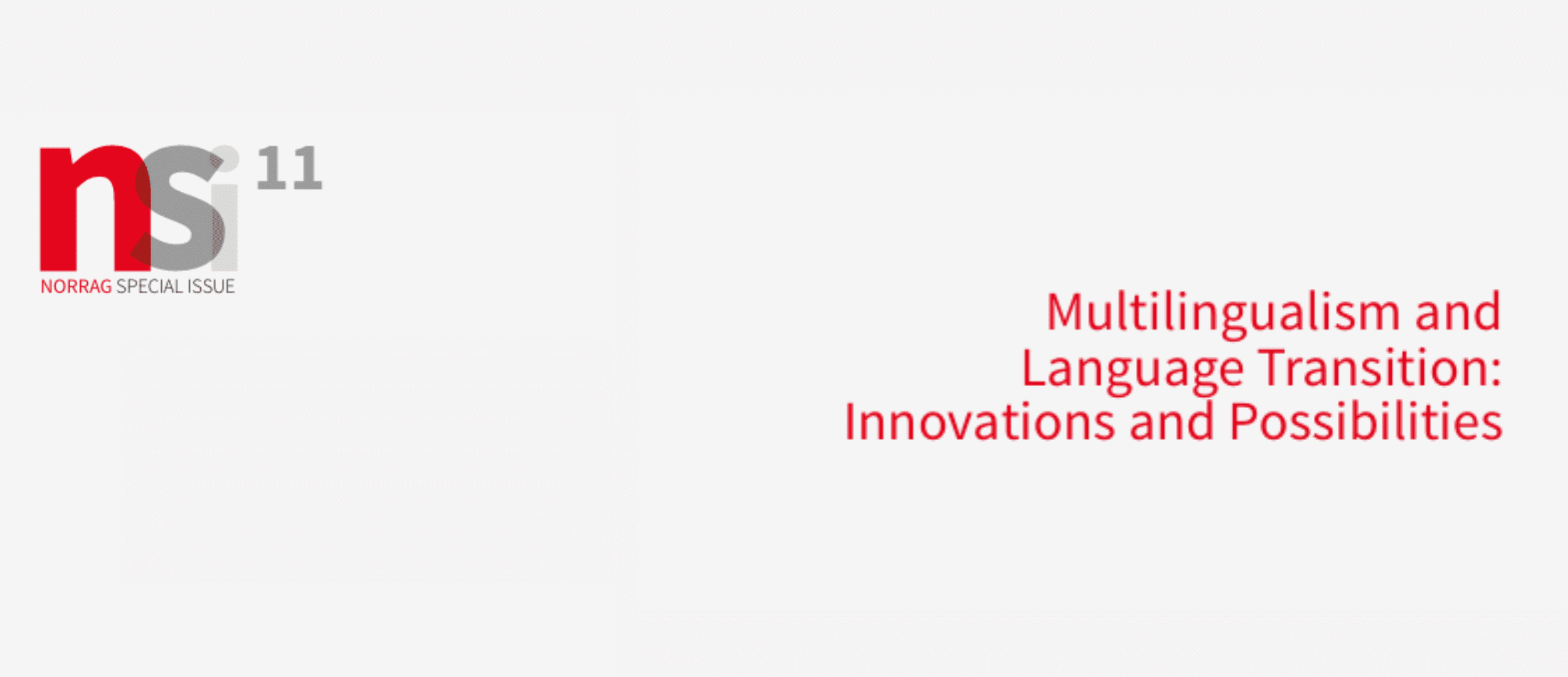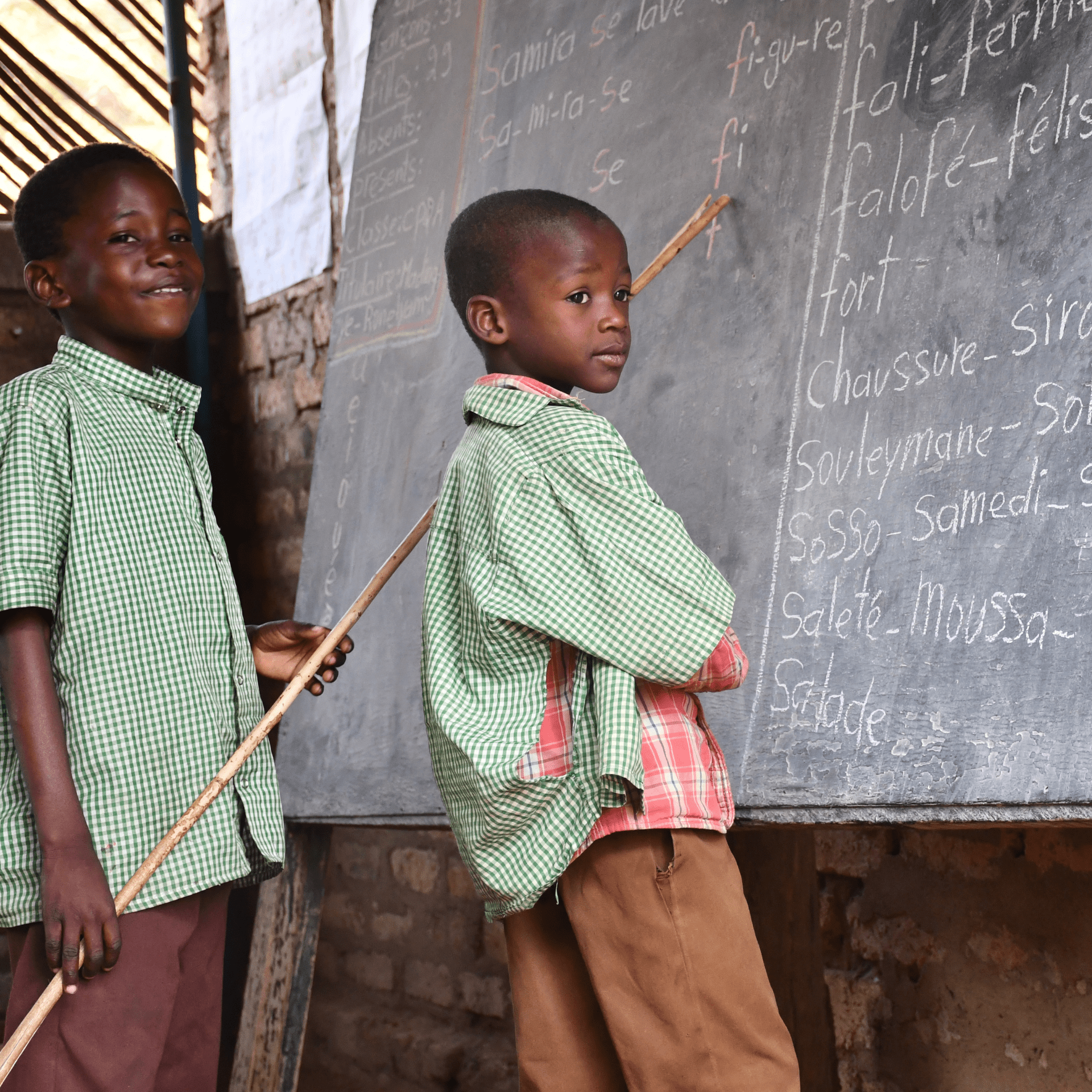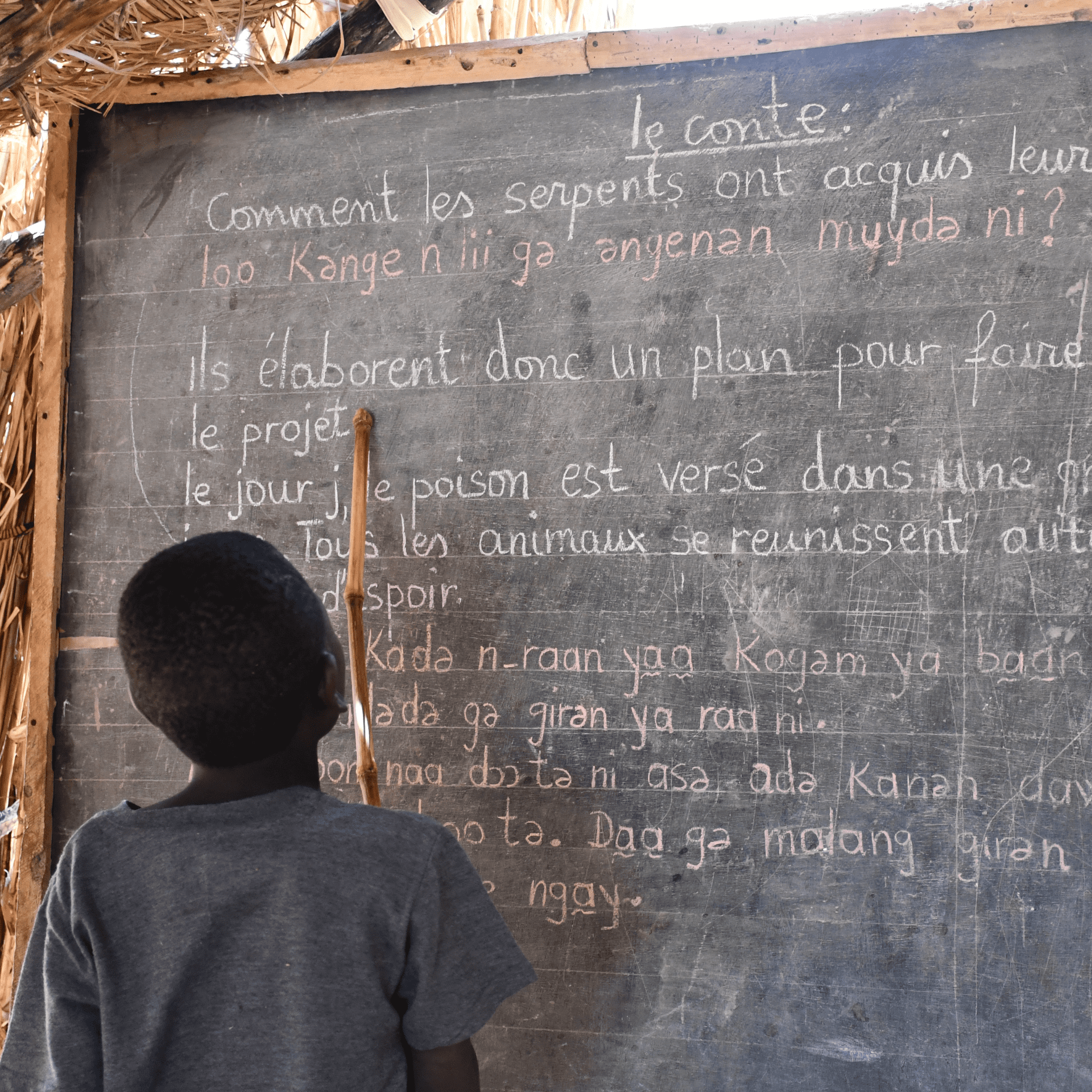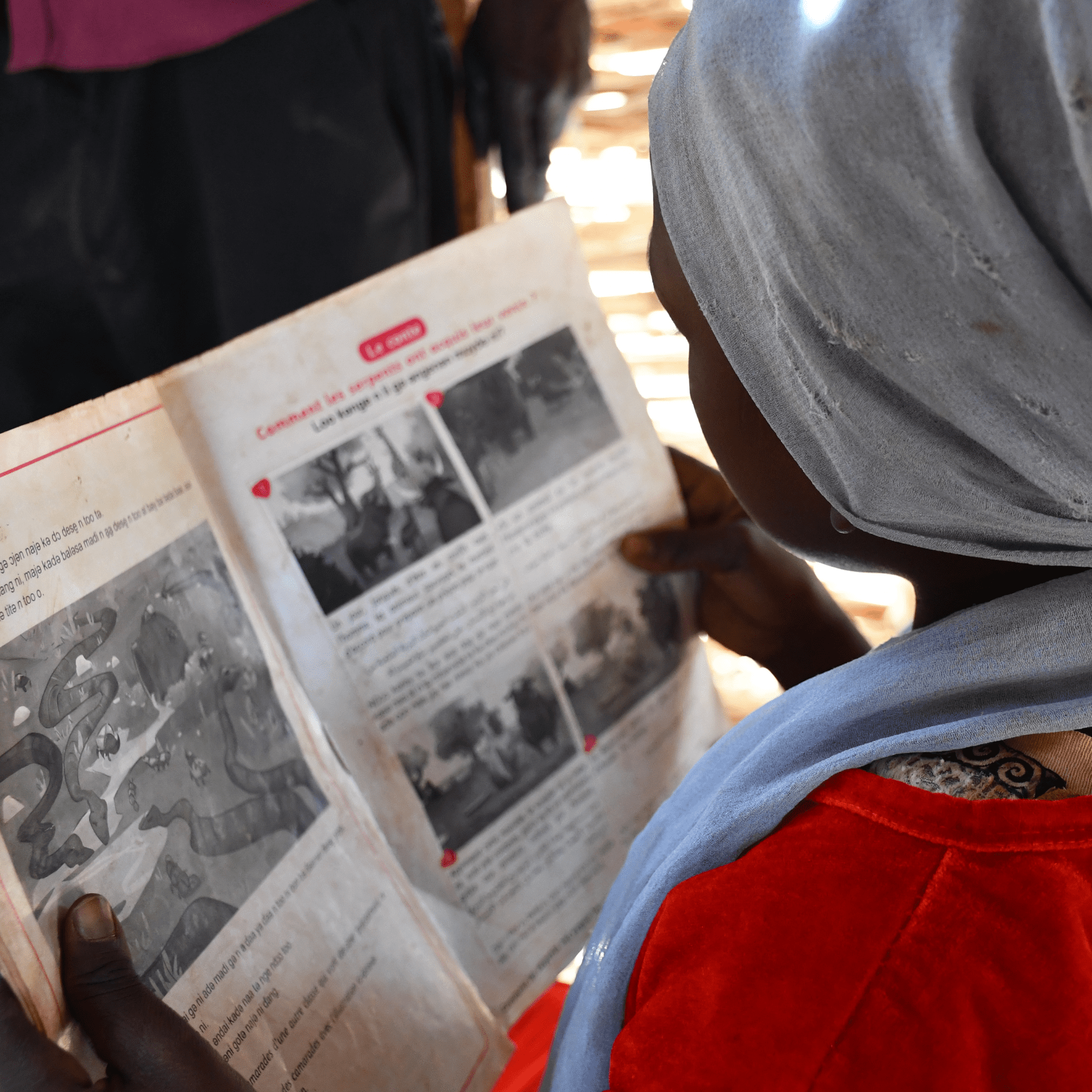
On May 14th, the international network NORRAG held an online event to mark the publication of its eleventh Special Issue, titled “Multilingualism and language transition: innovations and possibilities.” In this issue, we contributed an article about our bilingual education project in Chad. The online launch brought together researchers, teachers, education professionals, and NGO representatives to discuss a crucial issue: multilingualism in education, especially in contexts where local languages are marginalized.
Sharing experiences on educational practices around the world
The online launch event featured several authors of articles included in this new issue, who shared concrete insights related to multilingualism in various countries. On this occasion, our colleague Basile Ndoubalo, Education Officer for the project in Chad, presented the key findings of our article to the participants. He co-authored the article with Cristina Carulla, Mathematics education specialist, and Edivanda Mugrabi, Head of teaching and training at Graines de Paix.
An Inclusive approach grounded in children’s culture
This article highlights the importance of integrating local languages and cultures into education in Chad, a country with over one hundred local languages. Teaching in a single language—whether French or Arabic—is often out of touch with children’s daily lives, whereas we advocate for multilingual educational approaches such as those we are implementing in our project. This initiative values children’s local cultural knowledge and enables them to learn to read, write, and think in both their native language, and in French. Such approaches foster both better academic results and children’s personal development by reconnecting them to their cultural identity. They demonstrate that education grounded in local languages and practices makes learning more concrete and inclusive.
Read the articleAbout the project
In Chad, where illiteracy affects over 70% of the population, we are implementing the ProQEB programme to sustainably improve the quality of basic education. This programme, carried out in collaboration with the Chadian Ministry of Education and supported by Swiss cooperation, promotes a multilingual teaching approach by introducing bilingual education in primary schools. This strategy combines the students’ mother tongue with French, in order to make learning easier by relying on local languages and cultures, while enhancing both children’s inclusion and academic achievement.


